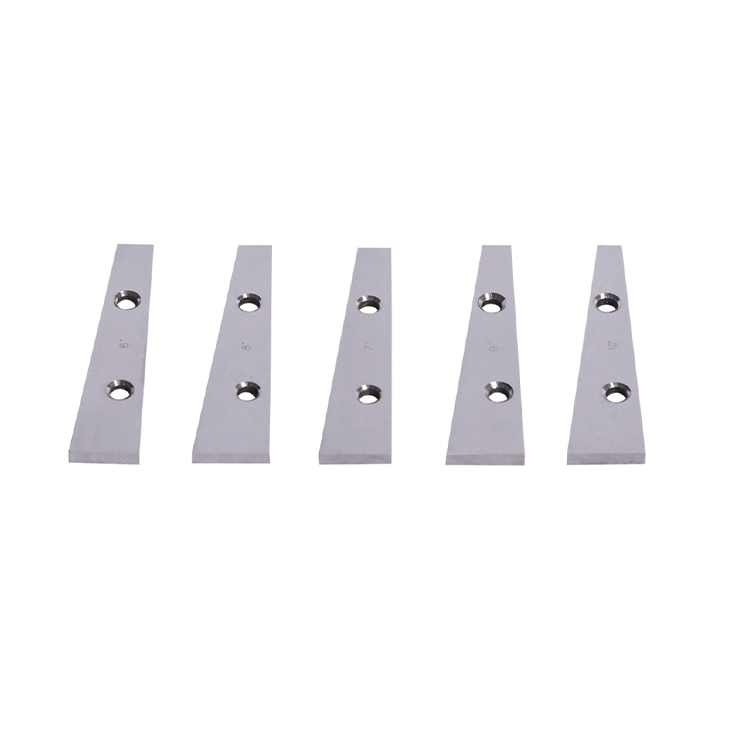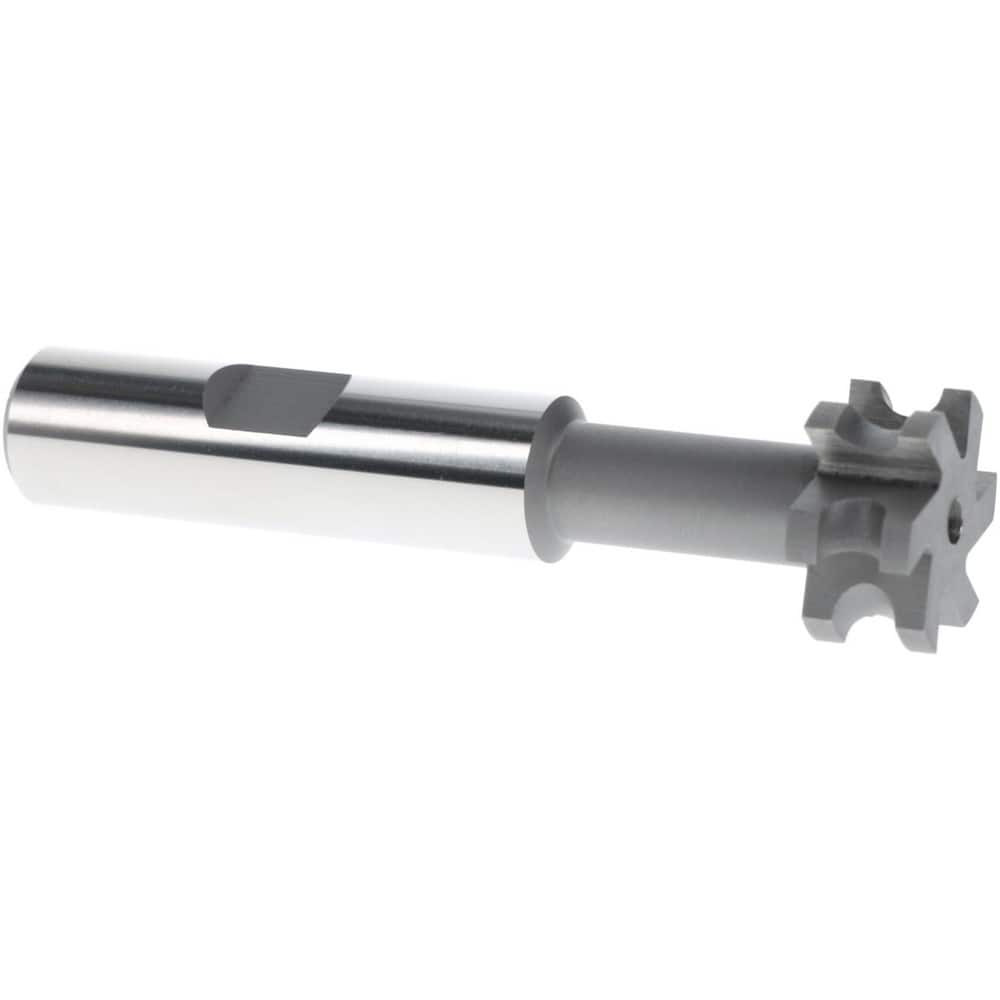hss turning tools Suppliers
Selecting the right HSS turning tools suppliers is crucial for efficient and precise machining operations. This guide explores the key factors to consider when choosing a supplier, including product quality, tool selection, pricing, and customer support, helping you optimize your turning processes and achieve superior results. We will also touch upon common applications and best practices when using HSS turning tools.
Understanding HSS Turning Tools
What are HSS Turning Tools?
High-speed steel (HSS) turning tools are a staple in machining, renowned for their toughness and affordability. They are used to shape metal workpieces by removing material in the form of chips. These tools are particularly effective for machining softer metals like aluminum, brass, and mild steel, but can also handle harder materials with proper technique and cooling.
Types of HSS Turning Tools
The market offers a wide variety of HSS turning tools, each designed for specific operations. Some common types include:
- Roughing Tools: Designed for rapid material removal.
- Finishing Tools: Used to achieve a smooth, precise surface finish.
- Threading Tools: Create threads on the workpiece.
- Parting Tools: Cut off a section of the workpiece.
- Boring Tools: Enlarge existing holes.
Key Factors to Consider When Choosing HSS Turning Tools Suppliers
Product Quality and Material Composition
The quality of the HSS turning tools is paramount. Look for suppliers who source high-grade HSS and employ stringent quality control measures during manufacturing. The best tools will maintain their sharpness and resist wear, leading to increased efficiency and reduced downtime. Consider the HSS grade. M2 HSS is a common general-purpose option, while M42 HSS (containing cobalt) offers increased wear resistance and hot hardness, making it suitable for more demanding applications.
Tool Selection and Customization Options
A reputable HSS turning tools supplier should offer a comprehensive selection of tools to meet diverse machining requirements. This includes various shapes, sizes, and grades of HSS. Additionally, some suppliers offer customization options, allowing you to tailor tools to your specific needs. For example, Wayleading Tools offers custom grinding services for unique tool geometries. Visit www.wayleading.com for more information.
Pricing and Value
While price is a consideration, it shouldn't be the sole determinant. Focus on the overall value offered by the supplier. Consider the tool's lifespan, performance, and the potential for increased efficiency. A slightly more expensive, higher-quality tool can often be more cost-effective in the long run by reducing downtime and improving the quality of your finished products.
Customer Support and Technical Expertise
Choose a supplier who provides excellent customer support and technical expertise. They should be able to answer your questions, offer guidance on tool selection and application, and assist with any issues that may arise. A knowledgeable supplier can be a valuable resource for optimizing your machining processes.
Delivery and Lead Times
Reliable delivery and reasonable lead times are essential for maintaining production schedules. Enquire about the supplier's inventory levels and shipping capabilities. Look for suppliers who can consistently deliver your orders on time and within budget.
Finding Reliable HSS Turning Tools Suppliers
Online Research and Supplier Directories
Start your search by conducting online research and exploring supplier directories. Websites like Thomasnet and IndustryNet provide listings of industrial suppliers, including HSS turning tools suppliers. Read online reviews and testimonials to gauge the supplier's reputation and customer satisfaction.
Trade Shows and Industry Events
Attending trade shows and industry events is a great way to meet potential suppliers in person and assess their product offerings. You can also network with other professionals in the machining industry and gather insights on the best suppliers.
Referrals and Recommendations
Seek referrals and recommendations from colleagues, industry peers, or other businesses that use HSS turning tools. Their experiences can provide valuable insights and help you identify reputable suppliers.
HSS Turning Tools: Applications and Best Practices
Common Applications
HSS turning tools are used in a wide range of applications, including:
- Manufacturing components for machinery
- Automotive parts production
- Aerospace component machining
- Mold and die making
Best Practices for Using HSS Turning Tools
To maximize the lifespan and performance of your HSS turning tools, follow these best practices:
- Use appropriate cutting speeds and feed rates.
- Apply coolant to reduce heat and friction.
- Keep tools sharp by regularly grinding or replacing them.
- Properly secure the workpiece to prevent vibration.
- Use the correct tool geometry for the specific machining operation.
Comparing Different HSS Grades
| HSS Grade | Composition (Main Elements) | Hardness (HRC) | Wear Resistance | Toughness | Common Applications |
|---|---|---|---|---|---|
| M2 | Tungsten, Molybdenum | 60-62 | Good | Good | General purpose turning, milling, drilling |
| M42 | Tungsten, Molybdenum, Cobalt | 64-66 | Excellent | Good | High-strength alloys, hardened steels |
| M35 | Tungsten, Molybdenum, Cobalt | 63-65 | Very Good | Good | Similar to M42, but often easier to grind |
*Data approximate and varies by manufacturer.
Conclusion
Choosing the right HSS turning tools suppliers requires careful consideration of product quality, tool selection, pricing, and customer support. By following the guidelines outlined in this article, you can identify a reliable partner who can provide you with the tools you need to optimize your machining operations and achieve superior results. Companies like Wayleading Tools (www.wayleading.com) are committed to providing high-quality HSS tools and exceptional customer service.
Related products
Related products
Best selling products
Best selling products-
 Type K-90 Degree Cone Tungsten Carbide Rotary Burr
Type K-90 Degree Cone Tungsten Carbide Rotary Burr -
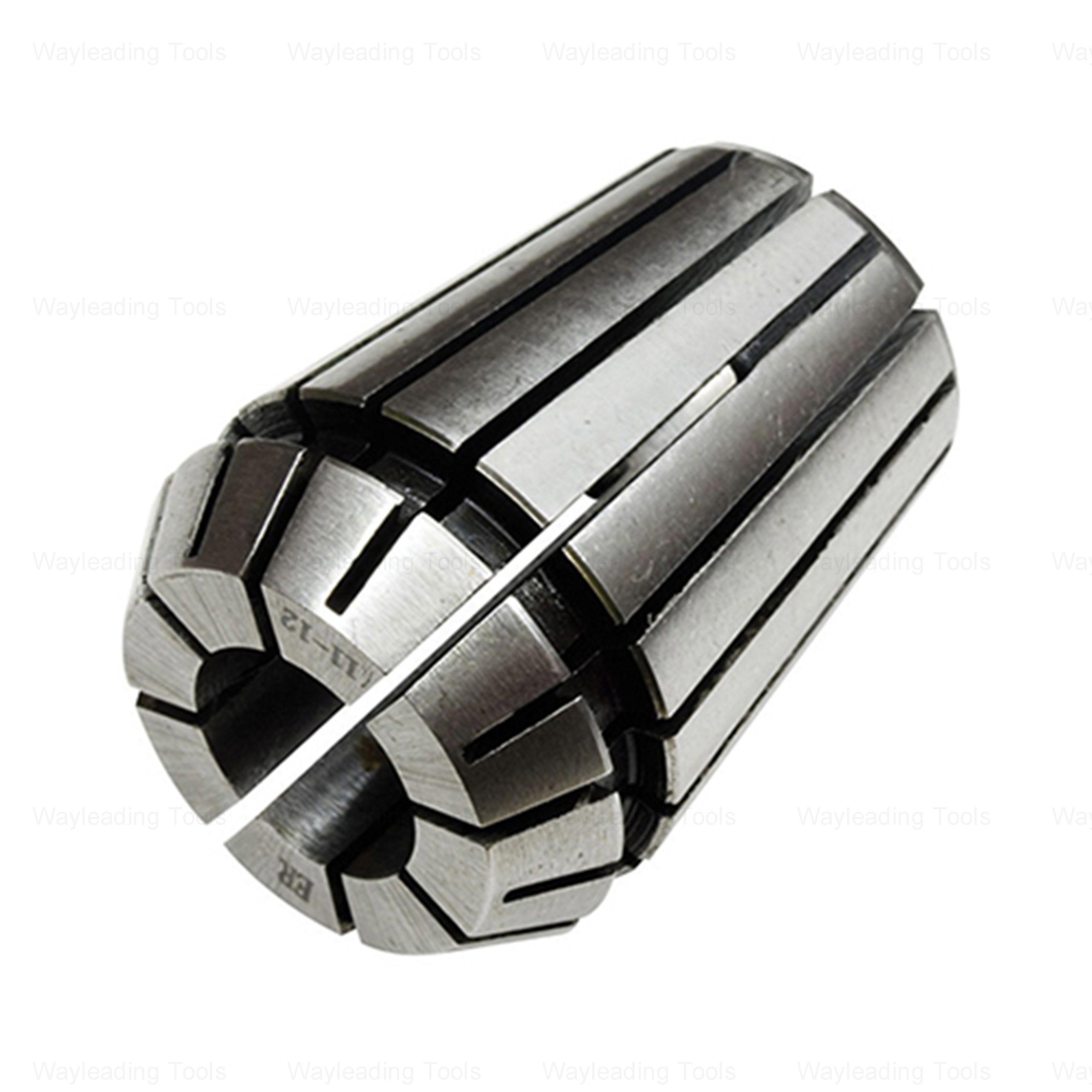 Metric ER Collets – High Precision, for Milling Applications
Metric ER Collets – High Precision, for Milling Applications -
 Double-beam Digital Gauge With Digital Counter
Double-beam Digital Gauge With Digital Counter -
 Precision V Block Set With High Quality Type
Precision V Block Set With High Quality Type -
 HSS DP Involute Gear Cutters With PA20 And PA14-1/2
HSS DP Involute Gear Cutters With PA20 And PA14-1/2 -
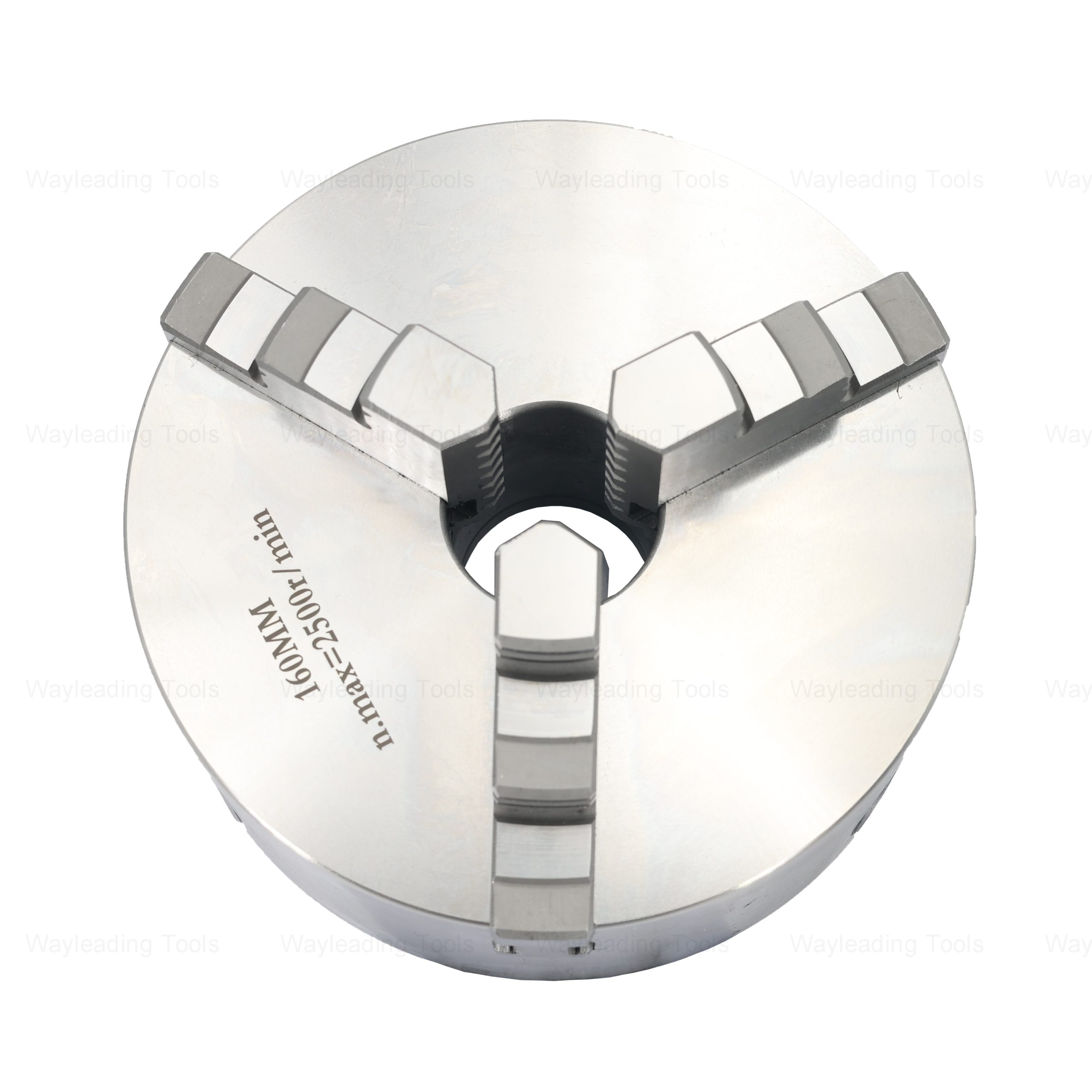 K11 Series 3-Jaw Self-Centering Lathe Chuck – Scroll Type, for Manual Lathes
K11 Series 3-Jaw Self-Centering Lathe Chuck – Scroll Type, for Manual Lathes -
 HSS Involute Spline Cutter With PA30
HSS Involute Spline Cutter With PA30 -
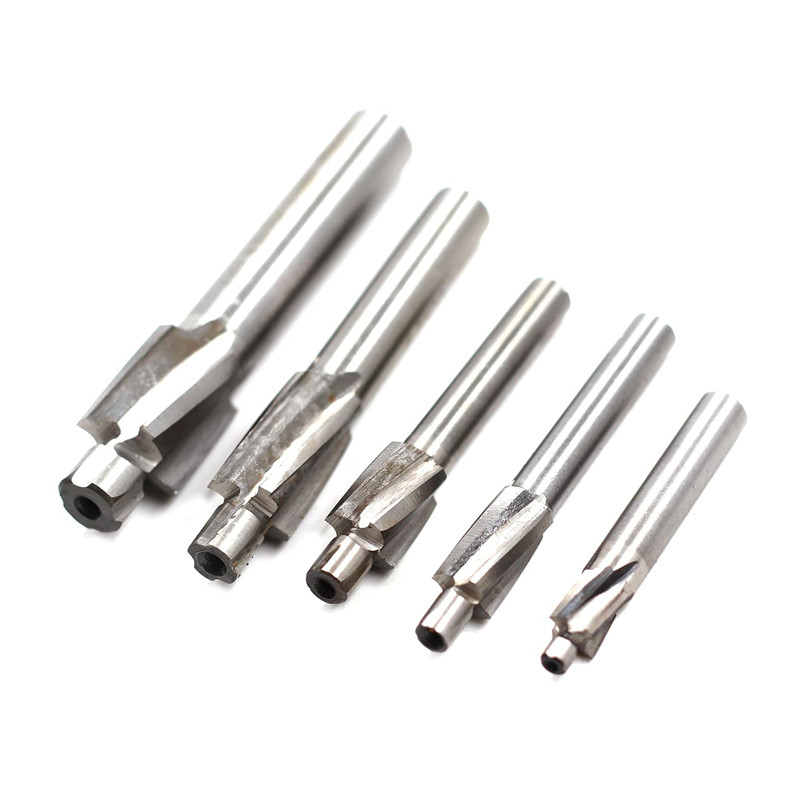 3 Flutes HSS Counterbore Drill Bit With Metric And Inch Size
3 Flutes HSS Counterbore Drill Bit With Metric And Inch Size -
 5C Round Collet With Inch and Metric Size
5C Round Collet With Inch and Metric Size -
 HSS Inch Screw Slotting Saws For Industrial With Bright Or TiN Coated
HSS Inch Screw Slotting Saws For Industrial With Bright Or TiN Coated -
 M42 Bi-Metal Bandsaw Blades For Industrial Type
M42 Bi-Metal Bandsaw Blades For Industrial Type -
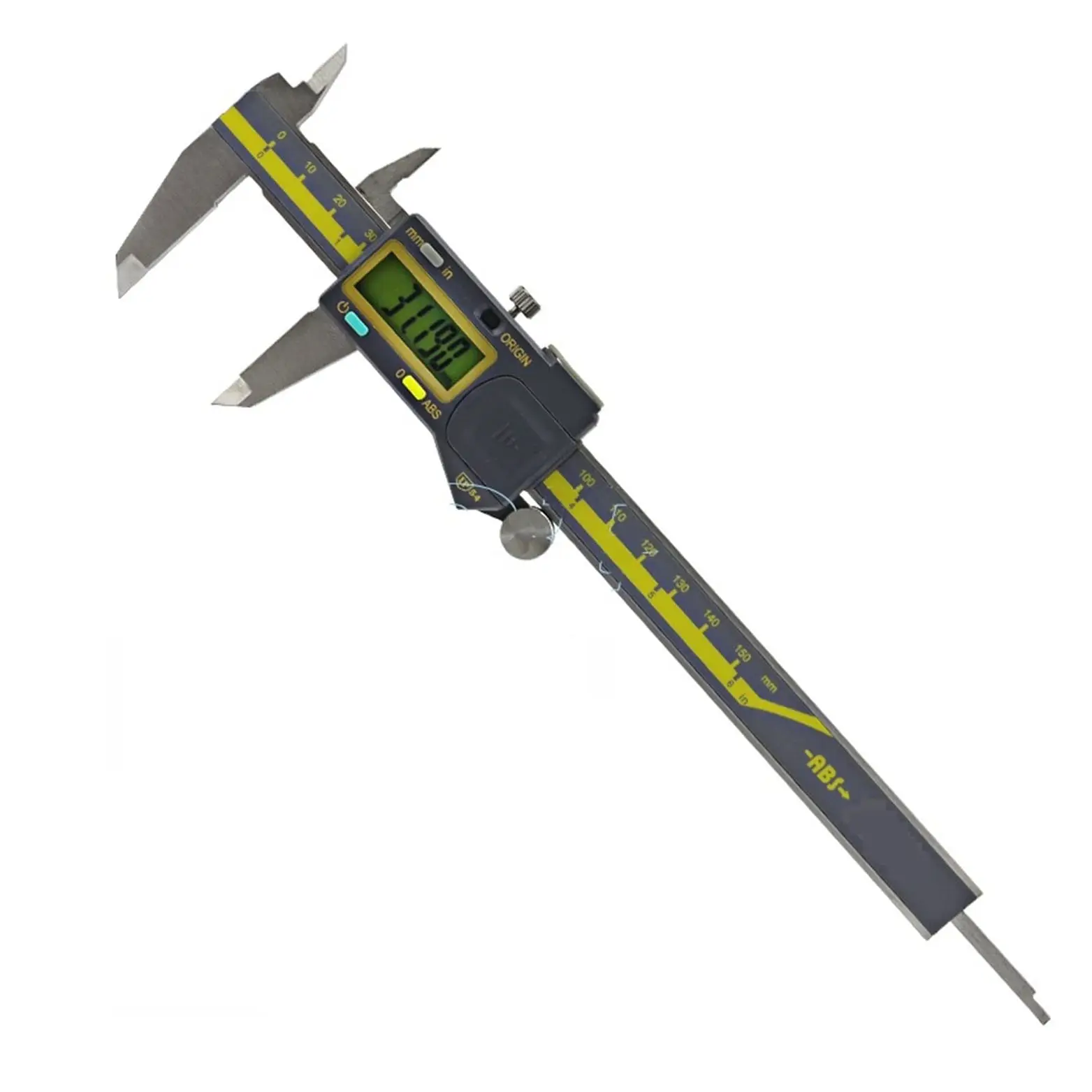 Precision IP54 Digital Caliper With Data Output For Industrial
Precision IP54 Digital Caliper With Data Output For Industrial

